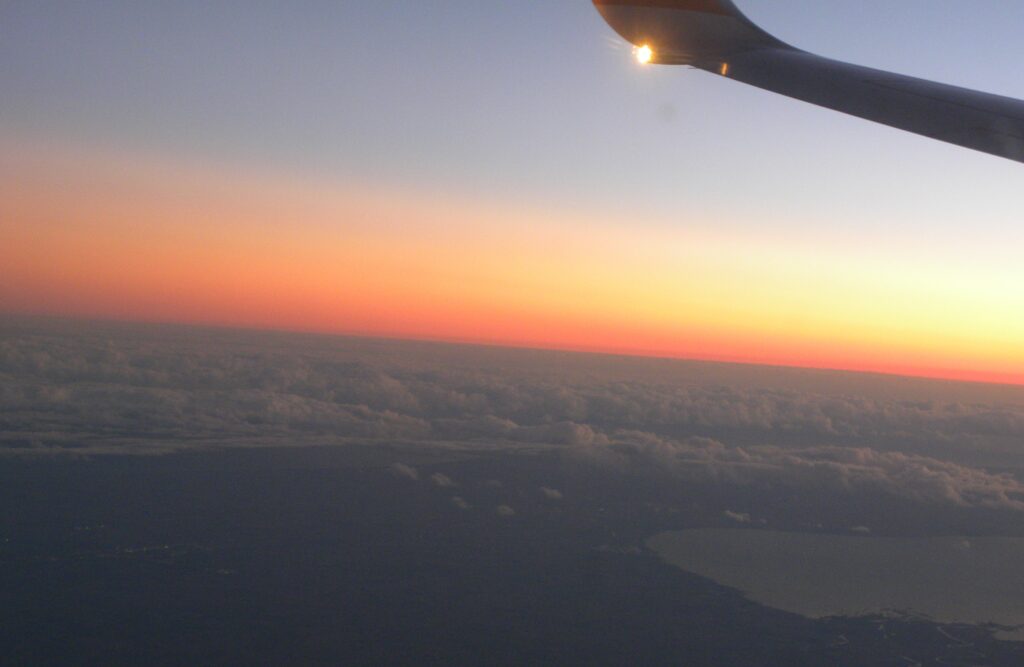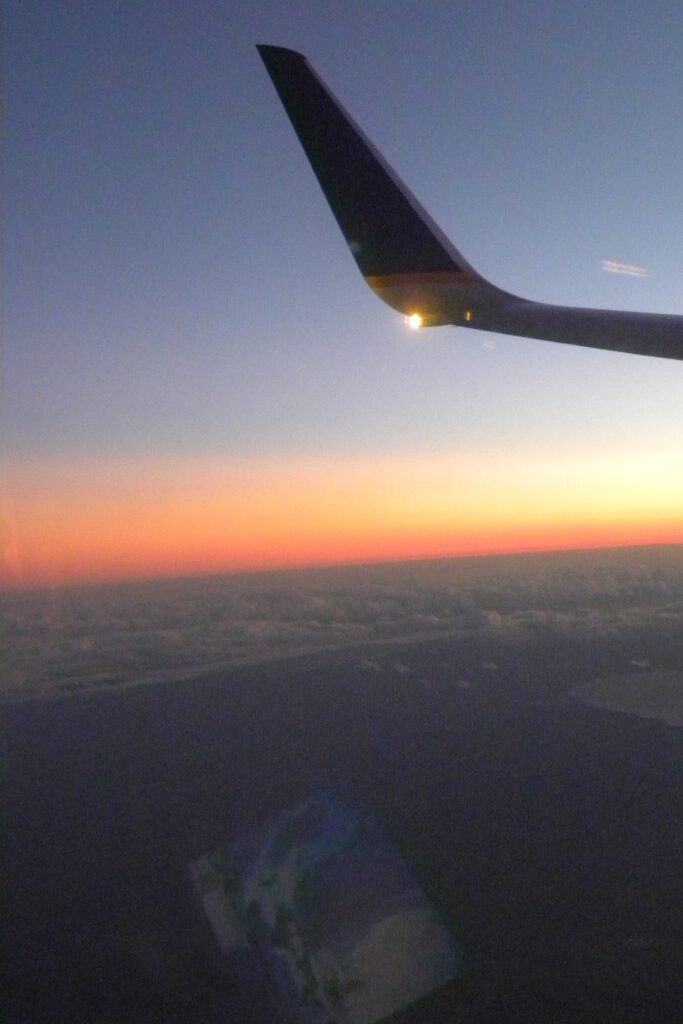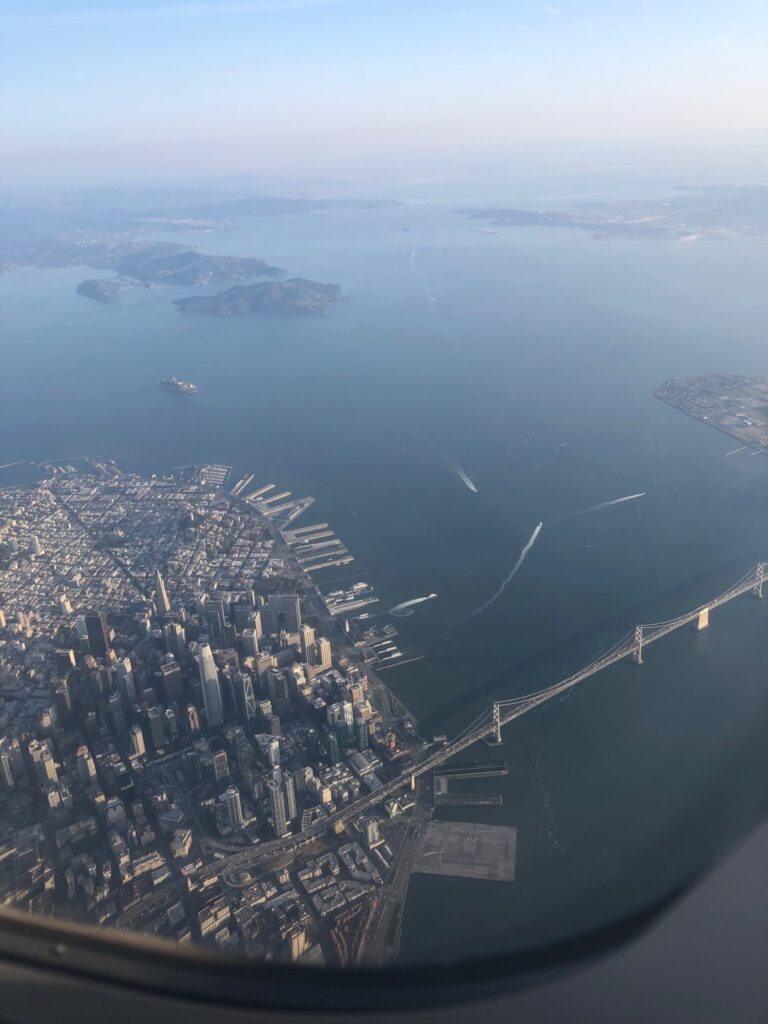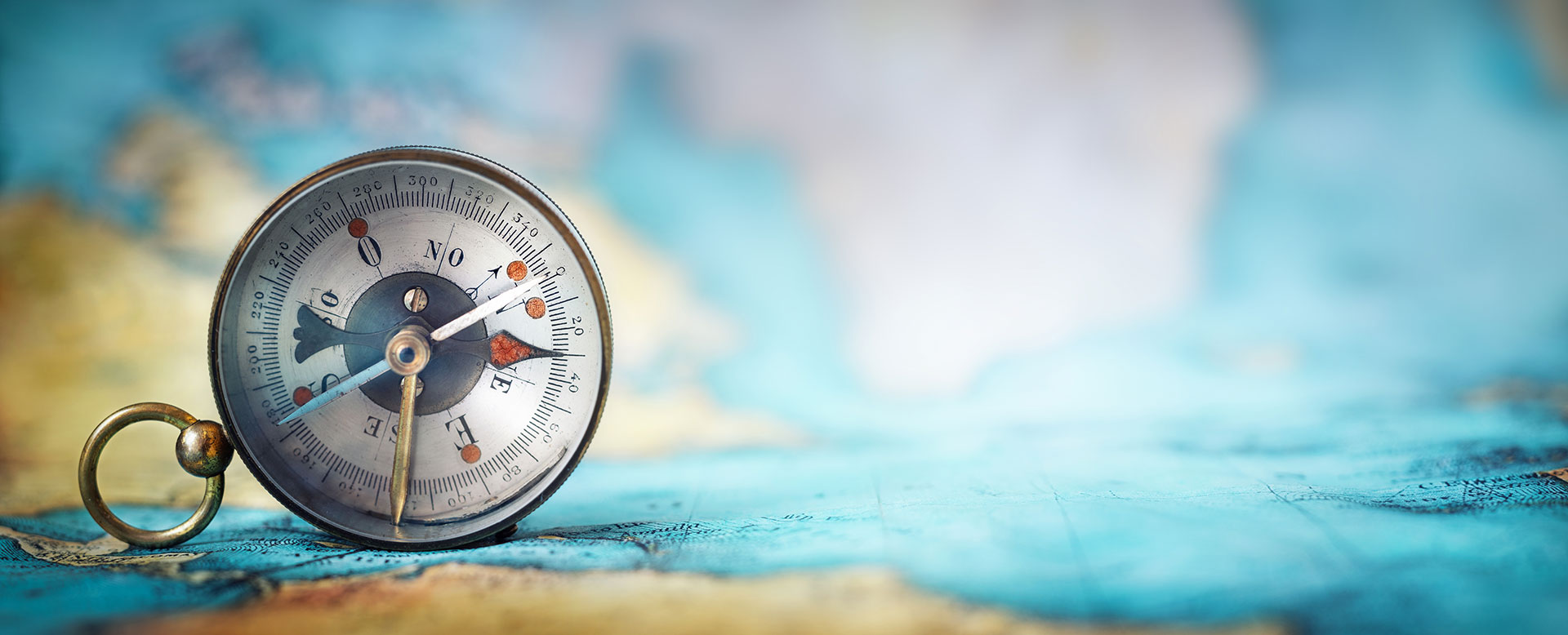
October 14, 2022
How to – fear of traveling. Part 3 – aviophobia (fear of flying)
As we mentioned in the previous post in the “how to overcome the fear of traveling” series, the main fear that effectively deter many people from traveling is aerophobia – the fear of flying by plane.
How to overcome the fear of traveling by plane?
According to statistics, the plane is the safest mean of transportation. The likelihood of an accident is only 1: 7,000,000, yet the fear of flying affects up to a third of us. It can appear at any time in life. Many of the affected people used to fly with pleasure, but at some point began to feel a little anxious. Sometimes associated with extremely turbulent flight or landing in very bad weather. Most often without clearly defined reasons. Almost one in six people is afraid of traveling by plane. Every next flight is even more dreaded. At some point, the tension begins a few days or even weeks before the planned trip. Many people just won’t be able to fly one day. Due to strong aviophobia, some people change jobs or give up promotions if it’s related to business travel by plane.

Where does a phobia come from, why are some people afraid of flying and others not?
Aviophobia must be distinguished from the usual fear of flying an airplane, which is something natural. Like other land animals, we can’t fly – it’s against our nature and we feel safest on the ground. Traveling by plane is in a sense an unnatural phenomenon. While on board we have to entrust our lives to the pilots and the machine. So it’s hard to say where the aerophobia comes from. It’s certainly not rational, as people affected by this problem usually know the statistics very well. They track air traffic and read data. Theoretically, they know it’s a safe means of transportation, but they can’t cope with anxiety.

What are people actually afraid of?
Some are afraid of heights, others are afraid of strange engine noises which they believe mean a malfunction. And most of all, that they will die in a catastrophe. This fear appears most often in people who have children. What will happen to them if I die. There are people who imagine that they will run out of oxygen and will suffocate. They are also afraid that because of their fear they will start acting weird and attract the attention of their fellow passengers. But most of the time, fear is about being confined in a small space that they can’t get out of.

Aviophobia, or fear of traveling by plane, has many causes.
The most common of these, however, is the fear of the unknown. Unaware of how the aviation industry works and how an airplane is constructed can create a feeling of insecurity and danger. This is also influenced by the media, which provide information more often about major air crashes than car accidents and collisions, which after all bother much more often. Another factor that increases the sense of fear is the awareness of not influencing what is happening during the flight. A confined, tight space in the air, many thousands of meters above the ground, which often gives you a feeling of claustrophobia, does not help you free yourself from your fears. However, it is important to realize that most of these fears can be overcome with simple measures.

What exercises will help us reduce the fear of flying by plane?
The paralyzing fear of boarding a plane prevents positive thinking that could help overcome the dark scenarios we make up. Even before the trip, try to imagine that it will end without unnecessary disruptions. If a few hours of flight are separating us from the desired vacation, this should be the goal on which all attention during the flight. Positive associations help reduce the negative effects of stress. People who often travel by plane can be of invaluable help, whose experience in this regard will allow us to soothe our nerves and overcome fear. People who are particularly nervous are also advised to find positive thoughts that, if repeated before the flight, such as a mantra, will allow them to relax.

Pre-travel preparation.
It is worth eating a light, wholesome meal and a drink of water, tea or juices immediately before the trip. This supports the secretion of lipids by the body, which are responsible for de-stressing it. However, it is not beneficial to drink beverages and stimulants such as coffee or alcohol as they can release stress hormones into the bloodstream, increasing anxiety and insecurity. It is also worth arriving at the airport early enough to complete all the necessary check-in procedures without haste and stress. Nice company is an invaluable support, so when planning a holiday vacation, for example, it is worth including family or friends in your plans.

Relaxation techniques while traveling.
The most appropriate time to fly for those struggling with aviophobia is at night. This is the body’s natural sleep time, allowing you to relax and forget about the negative effects of travel. A good book, favorite music or an interesting movie can also provide mute. The muscles tense with fear will allow you to loosen the chewing gum, short walks on the deck or consciously perform exercises to relax and tighten the muscles. All of this will effectively scare away stubborn thoughts and help you overcome negative thinking. It turns out that traveling by plane does not have to evoke only negative associations. Thinking positively and following practical tips will allow you to easily reduce the effects of stress and travel without fear for your own safety.

All in all, here are five simple ways to overcome your fear of flying:
- Find out about the check-in and security check-in procedures, as well as your flight details. Find out why turbulence is a natural phenomenon. By learning the details, you will be able to imagine the whole journey and prevent unforeseen situations from causing you additional, unnecessary stress. The more we know, the less we fear.
- Before departure, you need to get a good night’s sleep, take care of rest and comfortable clothes that do not restrict movement. Remember, it’s good to dress comfortably and have something warm on hand. If you are shivering from the cold, the tension increases. Hydrate your body before the trip and also during the flight, but avoid drinks that contain caffeine (coffee or strong tea) and alcohol. Eat a light meal before departure.
- It is worth arriving at the airport a little earlier than recommended by the airlines. Take a walk around the airport so you can get used to the atmosphere there.
- During the flight, try to relax. Take your favorite book on board the plane, and listen to some relaxing music during the flight. Usually, scheduled airlines keep their passengers entertained, so it’s worth taking advantage of their audio-video offer and watching an interesting movie. If you are going on vacation, sit comfortably on the plane and think about how pleasant you will spend the upcoming time.
- If the fear is extremely bothersome, it is worth consulting a doctor; you may be prescribed mild sedatives to help you survive the fever before the trip and the flight itself. There are many over-the-counter mild sedative medications on the market. Herbal preparations work well for moderate anxiety. You should dose them according to the instructions on the package and under no circumstances should you mix them with alcohol.

